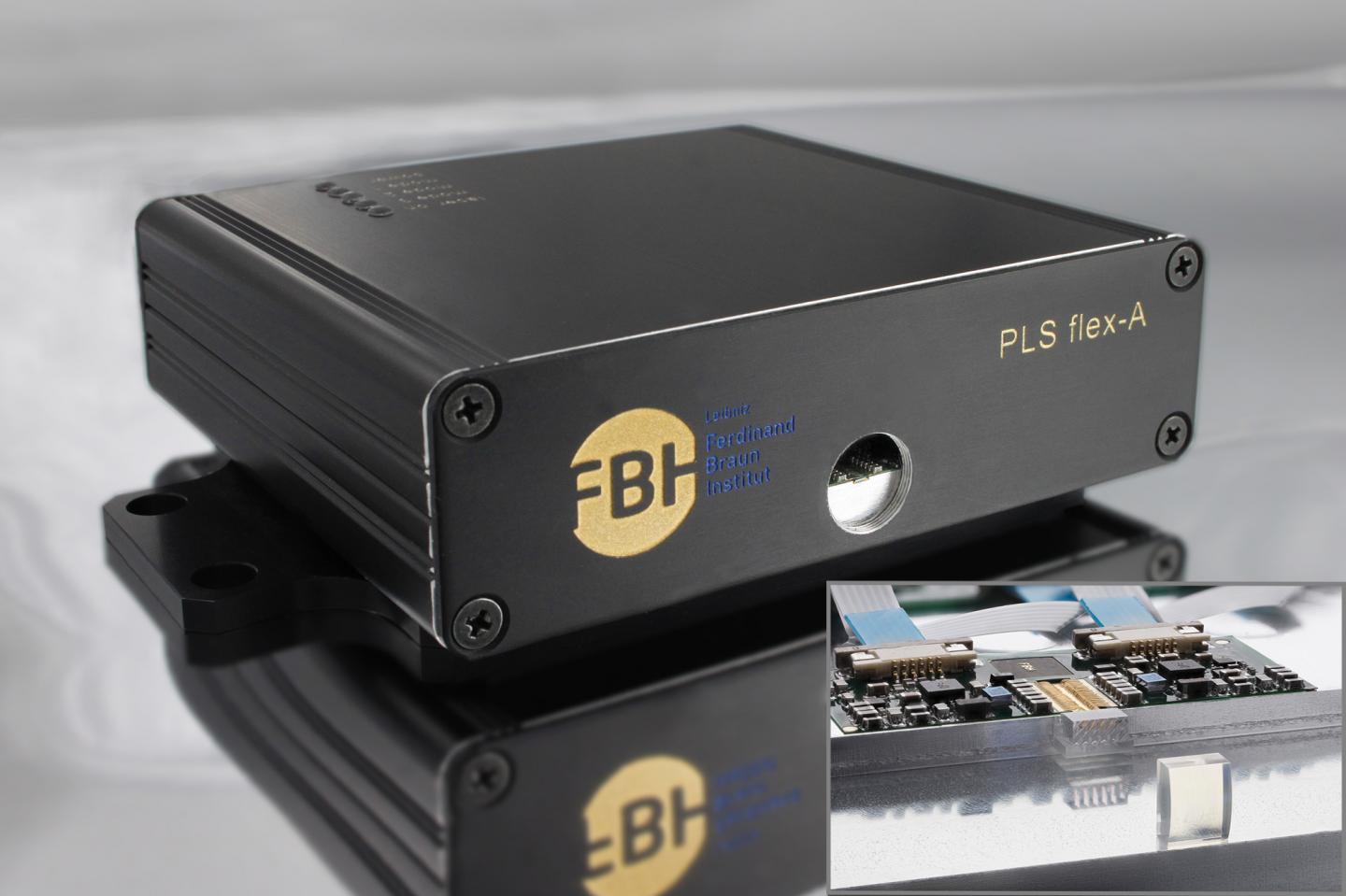The Ferdinand-Braun-Institut, Leibniz-Institut fuer Hoechstfrequenztechnik (FBH) is a Berlin-based electronic and optical research institute. It is going to present its novel diode lasers and advancements, as well as its results and progresses in UV LEDs at Photonics West 2019.
The institute will showcase its capabilities from design through chips to modules and prototype systems. One focus of FBH's R&D is on high-power diode lasers used in materials processing both directly and as pump sources. The pulse laser sources of FBH delivers 200 ps to 20 ns pulses, providing flexibility for various application systems. For example, FBH has developed wavelength-stabilized laser diodes for automotive LiDAR systems. The laser chips emit 5 ns pulses with 40 W pulse power with a wavelength of near 905 nm whose emission can easily be optically combined into one single spot, yield up to 100 W.
Miniaturized fiber-coupled diode laser sources for biomedical and spectroscopy applications will also be presented by the FBH. The compact laser modules emit watt-level power in the yellow spectral range, wavelengths from 532 nm to 590 nm. Based on a single package sized only 76 x 54 x 15 mm³, each solution is designed to ideally serve the specific applications.
In addition, FBH has demonstrated monolithic dual-wavelength diode lasers for rapid Shifted Excitation Raman Difference Spectroscopy (SERDS) measurements. The diode emits light alternatingly on two different wavelengths around 785 nm and 671 nm. The sources enable fast alternating operation between both laser emission lines, reducing the exposure times of investigation to the millisecond range. Supplemented with battery power supply, electronic measurement equipment and a software interface, the systems can be used for in situ measurements. The portable systems have already been successfully utilized for measurements on food, soil, plants, and human skin.

(Image: FBH)












